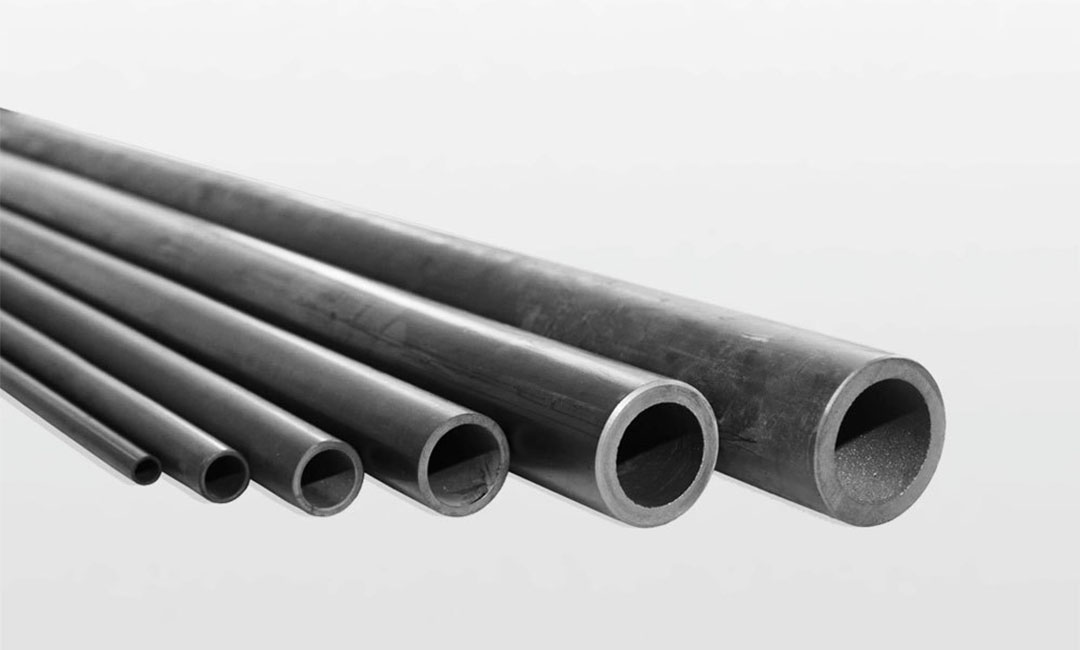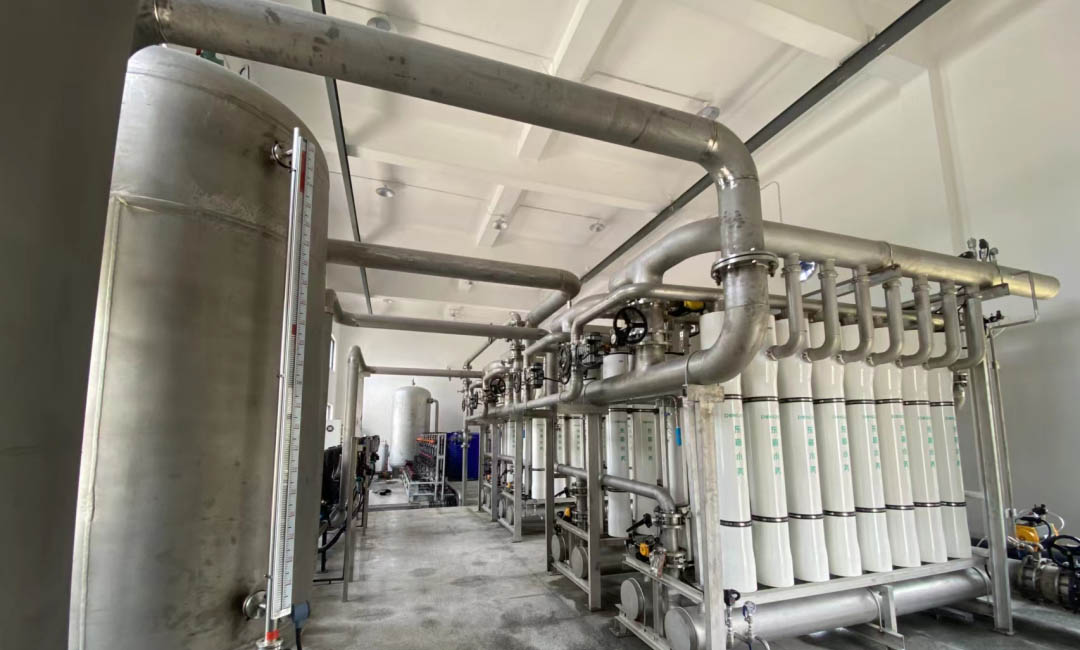Case Studies Highlighting Long-Term Performance of Tubular SiC Membrane Systems
Tubular silicon carbide (SiC) membrane systems have gained popularity in industrial applications due to their durability and long-term performance. These membrane systems are known for their ability to withstand harsh operating conditions, making them ideal for use in industries such as wastewater treatment, oil and gas, and chemical processing. In this article, we will explore several case studies that highlight the long-term performance of tubular SiC membrane systems in various industrial settings.
One of the key advantages of tubular SiC membrane systems is their resistance to fouling and corrosion. This makes them well-suited for applications where traditional membrane materials may fail due to exposure to aggressive chemicals or high temperatures. In a case study conducted at a chemical processing plant, a tubular SiC membrane system was installed to treat wastewater containing high levels of organic contaminants. Despite the challenging operating conditions, the membrane system maintained high flux rates and consistently produced high-quality effluent over a period of five years.
Another case study involved the use of tubular SiC membrane systems in the oil and gas industry for produced water treatment. Produced water is a byproduct of oil and gas production that contains high levels of contaminants, including oil, grease, and heavy metals. A tubular SiC membrane system was installed at a production facility to treat produced water before discharge. The membrane system demonstrated excellent performance, with minimal fouling and high rejection rates of contaminants. Over a period of ten years, the membrane system continued to operate efficiently, providing reliable treatment of produced water.
In a wastewater treatment plant case study, tubular SiC membrane systems were used to upgrade an existing filtration system. The plant was facing challenges with frequent membrane fouling and low flux rates, leading to increased operating costs and decreased treatment efficiency. By replacing the existing membranes with tubular SiC membranes, the plant was able to improve filtration performance and reduce maintenance requirements. The new membrane system operated reliably for over seven years, providing consistent treatment of wastewater with minimal downtime.
The long-term performance of tubular SiC membrane systems can also be seen in the food and beverage industry. In a case study conducted at a dairy processing plant, a tubular SiC membrane system was installed for the treatment of wastewater generated during the production process. The membrane system effectively removed contaminants such as fats, proteins, and sugars, producing high-quality effluent suitable for discharge or reuse. Despite the high organic load in the wastewater, the membrane system maintained stable flux rates and rejection rates over a period of three years.

Overall, the case studies presented in this article demonstrate the durability and long-term performance of tubular SiC membrane systems in various industrial applications. These membrane systems offer a reliable and cost-effective solution for treating challenging wastewater streams and can withstand harsh operating conditions with minimal maintenance requirements. As industries continue to seek sustainable and efficient water treatment solutions, tubular SiC membrane systems are likely to play a key role in meeting these demands.
Silicon carbide (SiC) membranes have gained significant attention in recent years due to their exceptional durability and high performance in various industrial applications. These tubular membranes are made from a unique material that offers superior resistance to harsh chemicals, high temperatures, and mechanical stress, making them ideal for long-term use in demanding environments.
One of the key advantages of tubular SiC membrane systems is their longevity. Unlike traditional polymeric membranes that degrade over time, SiC membranes can withstand prolonged exposure to aggressive chemicals and extreme temperatures without losing their structural integrity. This durability translates to lower maintenance costs and longer service life, making them a cost-effective solution for industrial processes that require continuous operation.
In addition to their durability, tubular SiC membranes also offer excellent filtration performance. The unique structure of these membranes allows for precise control over pore size and distribution, resulting in high filtration efficiency and selectivity. This makes them suitable for a wide range of applications, including wastewater treatment, desalination, and gas separation.
Furthermore, tubular SiC membrane systems are highly versatile and can be customized to meet specific process requirements. Whether it’s adjusting the membrane pore size, surface chemistry, or module configuration, manufacturers can tailor these systems to optimize performance and efficiency for different applications. This flexibility makes SiC membranes a preferred choice for industries looking to improve their processes and reduce operating costs.

Another key benefit of tubular SiC membrane systems is their resistance to fouling. Fouling, or the accumulation of contaminants on the membrane surface, is a common issue in membrane filtration processes that can reduce efficiency and increase maintenance requirements. SiC membranes are inherently resistant to fouling due to their smooth surface and high chemical inertness, allowing for continuous operation with minimal downtime.
Moreover, tubular SiC membrane systems are easy to clean and maintain, further enhancing their longevity and performance. Unlike other membrane materials that require frequent cleaning and replacement, SiC membranes can be easily cleaned using standard cleaning procedures, such as backwashing or chemical cleaning. This not only reduces operational costs but also ensures consistent performance over time.
In conclusion, tubular SiC membrane systems are a durable and reliable solution for long-term industrial use. Their exceptional durability, high filtration performance, versatility, and resistance to fouling make them an ideal choice for a wide range of applications in industries such as water treatment, chemical processing, and food and beverage production. With their ability to withstand harsh conditions and provide consistent performance, SiC membranes offer a cost-effective and sustainable solution for businesses looking to improve their processes and achieve operational excellence.

